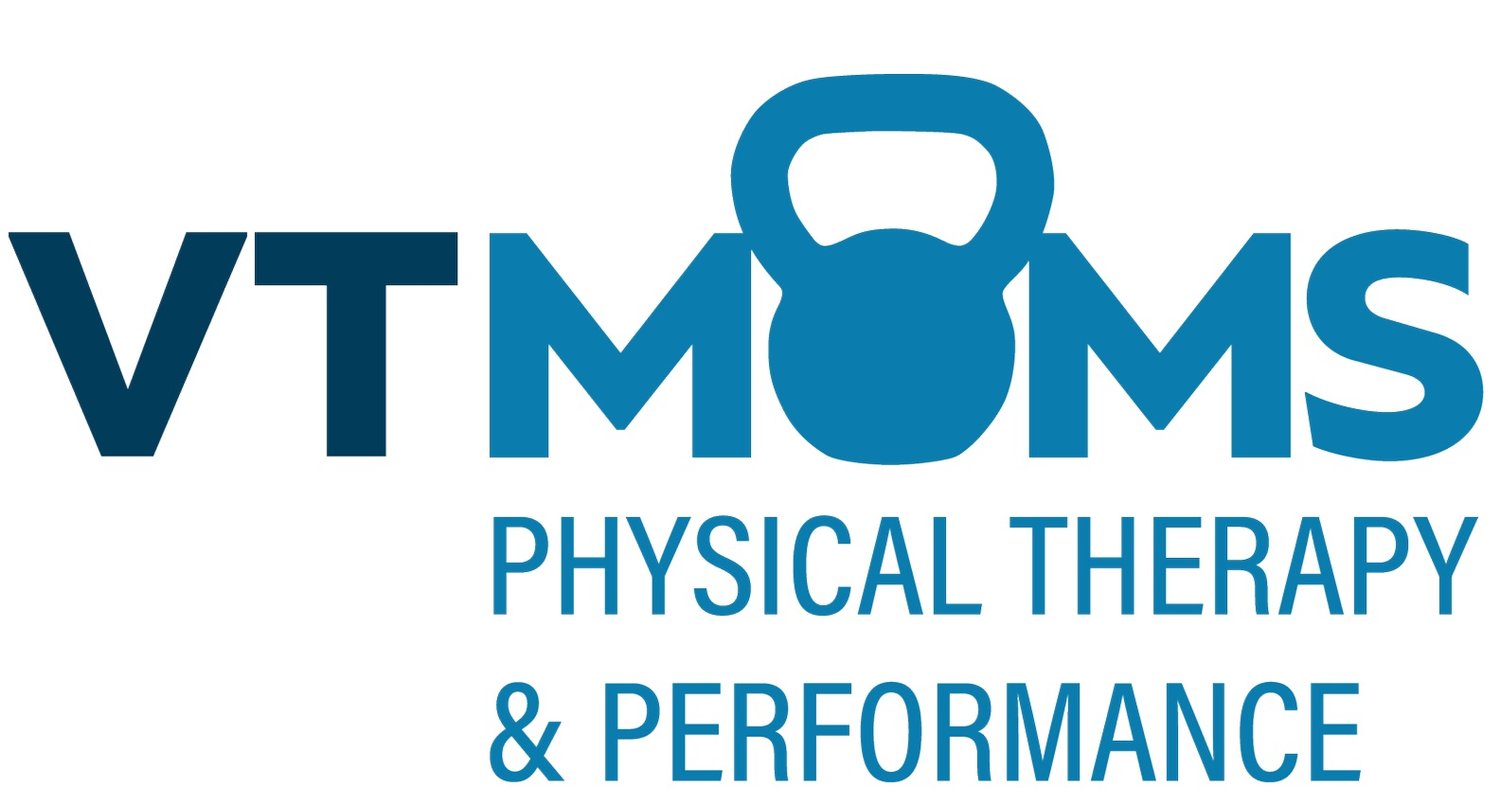How VT Moms Physical Therapy Can Help Moms Regain Mobility & Strength
Pregnancy and childbirth are powerful, transformative experiences—but they also place significant strain on the body. For many moms, the postpartum period brings physical challenges that can linger well beyond the initial recovery phase. From weakened core muscles and pelvic floor issues to decreased mobility and general fatigue, it’s common to feel like your body just isn’t quite your own anymore.
But here’s the good news: you don’t have to “just live with it.” With the right support, it’s entirely possible to rebuild your strength, improve your mobility, and feel confident in your body again.
READ: How to Reduce Pregnancy-Related Hip Pain with Physical Therapy
At VT Moms Physical Therapy in Middlebury, VT, we specialize in helping moms navigate the postpartum journey with compassion and clinical expertise. Whether you’re weeks, months, or even years postpartum, our team is here to help you restore function, reduce pain, and get back to doing the things you love—with strength and confidence.
Common Postpartum Physical Challenges Moms Face
The postpartum period can be filled with emotional joy—but physically, it often brings a host of challenges that aren’t always talked about. Many moms experience lingering discomfort, fatigue, or movement limitations and chalk it up to “just part of motherhood.” The truth is, these issues are common, but they are also treatable.
Some of the most frequent postpartum physical challenges include:
Pelvic floor dysfunction – including leaking, heaviness, or pelvic pain.
Core muscle weakness – especially due to diastasis recti (separation of abdominal muscles).
Hip and lower back pain – from joint instability, postural shifts, and carrying a newborn.
Reduced mobility or stiffness – particularly after cesarean delivery or prolonged bed rest.
General fatigue or difficulty returning to previous activity levels – due to depleted energy and muscle imbalances.
These issues can interfere with daily activities like lifting your baby, going for walks, or even sleeping comfortably. And while time helps with some healing, targeted physical therapy can dramatically accelerate recovery and prevent long-term problems.
READ: The Benefits of Postpartum Physical Therapy for Vermont Moms
How Physical Therapy Supports a Stronger Postpartum Recovery
Postpartum physical therapy goes beyond simply “getting back in shape.” It’s about restoring the body’s function in a way that’s safe, sustainable, and specific to the changes that happen during and after pregnancy.
At its core, physical therapy helps moms:
Rebuild deep core strength without causing further abdominal separation or strain.
Improve mobility and joint stability, especially in areas like the hips, pelvis, and lower back.
Relieve pain and discomfort caused by postural shifts, muscle tension, or childbirth trauma.
Regain pelvic floor function, addressing issues like leaking, pressure, or pain during intimacy.
Support return to activity—from lifting your child without pain to returning to fitness or running.
What sets postpartum physical therapy apart is its clinical focus. While general fitness programs might aim for weight loss or muscle toning, PT is designed to heal—working with the body’s recovery timeline and correcting underlying dysfunctions.
At VT Moms Physical Therapy, we understand that every postpartum experience is different. Our approach meets you where you are—whether that’s managing discomfort while feeding your newborn or preparing to return to your workout routine with confidence.
VT Moms Physical Therapy’s Approach to Postpartum Wellness
At VT Moms Physical Therapy, we take a whole-body, mom-centered approach to postpartum care. Our goal is simple: help you feel strong, capable, and supported at every step of your recovery. Whether you delivered last month or several years ago, our care plans are customized to meet your unique needs and goals.
We begin with a thorough assessment to understand how your body is moving, where dysfunctions might be showing up, and what’s most important to you. From there, we build a plan that supports both short-term relief and long-term strength.
READ: Healing Diastasis Recti: A Physical Therapist’s Guide for Vermont Moms
Our postpartum services include:
Pelvic floor therapy to address incontinence, pain, or pressure
Core retraining and deep abdominal strengthening
Scar tissue mobilization after cesarean birth or perineal tearing
Joint stability and mobility work for hips, back, and shoulders
Return-to-movement guidance, whether that’s walking, lifting, or exercise
Just as important as the therapy itself is the environment. VT Moms PT was designed to feel welcoming, safe, and empowering for moms. No judgment, no rushed appointments—just personalized, hands-on care from specialists who understand exactly what you’re going through.
Is It Ever ‘Too Late’ to Start? Why It’s Never Too Early or Too Late for PT
One of the most common questions we hear is: “Am I too late to start physical therapy?” The short answer is—absolutely not. Whether you’re six weeks postpartum or six years, it’s never too late to work on your recovery.
While early intervention can help you heal faster and more efficiently, many moms don’t seek care until months—or even years—after giving birth. The good news? Physical therapy can still be incredibly effective in addressing symptoms like pelvic floor dysfunction, back pain, or lingering weakness long after the “fourth trimester” has passed.
On the flip side, there’s also no such thing as too early—as long as your provider gives the green light, gentle movement and rehab can begin soon after delivery. At VT Moms Physical Therapy, we tailor every plan to your healing timeline, whether you’re newly postpartum or finally prioritizing yourself after putting everyone else first.
READ: Empowering Vermont Moms Through Specialized Physical Therapy
If you’re unsure whether PT is right for you, we encourage you to contact us for a personalized consultation. You deserve care that honors your journey and supports your return to strength—with confidence, grace, and expert guidance.

